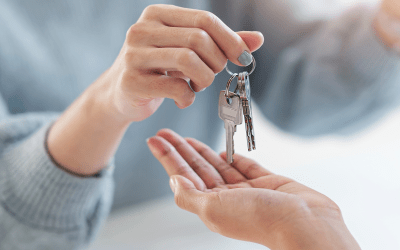Alternative Dispute Resolution, or ADR, is a way for parties to reach a settlement out of court. One version of this is known as mediation, which is a cooperative approach to settling legal disputes.
Mediation can be a good choice for both plaintiffs and insurers, as mediation has a few advantages over the traditional court channels. Some of these advantages are:
- Choice of Decision Maker: This means both parties can pick and choose who will decide their case. This is helpful in personal injury cases, as not all judges are familiar with the ins-and-outs of the personal injury system. In addition, it is good to have a decision-maker who is knowledgeable about the facts and nature of the case. For example, if an accident occurred on a motorcycle, it is helpful to have a decision-maker who is familiar with how motorbikes are operated. This same analogy may apply to horses, boats, etc.
- Privacy: Closed mediation allows parties to communicate freely, and privately. This means that people’s private medical information and personal affairs are not aired out in open court. On the other hand, you can have an open mediation, where people discuss their affairs in public, however this is rarely done.
- Communication: Because of the privacy of closed mediation, parties can talk without having to worry about implications in court down the road. In other words, parties will not be held to what they say at a closed mediation. This enables them to be more open and frank with each other.
- Cost: It is very costly to take things to trial. It takes mountains of preparation, and even if you win, there is a personal cost of having to take days off work to go to court. Mediation is almost always a cheaper route.
- Mutually Advantageous Solutions: Courts are limited by the kind of awards they are allowed to make. By contrast, mediations are more flexible, and they have the power to create unique awards. For example, if you suffer an injury at work, a mediation can mandate workplace policies to be reviewed and improved.
- Party Engagement: Mediation allows parties to engage with the other side personally. Litigants feel more empowered when they are at the negotiating table, taking part in the discussions.
- Risk: Losing at trial is costly, but if your mediation fails, there are no costs to be awarded to either party. Think of it as a risk-free discussion.
- Speed: Mediation allows parties to settle issues much more quickly than the court system. Parties can sign a paper with a final settlement, and the whole legal process can end right there.
Mediation is an important step in the personal injury process. It is therefore important that you have an experienced attorney representing you and your claim.
Please call for a free consultation with Matt Reid at (519) 672-9330 or e-mail .


